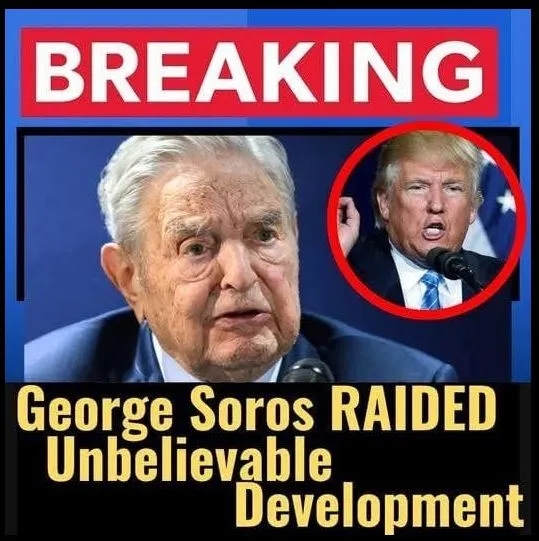In a recent interview, WNBA star Caitlin Clark did not hold back in her criticism of late-night host Jimmy Kimmel, igniting a fierce national debate. The controversy stems from remarks Kimmel made about the assassination of conservative activist Charlie Kirk, suggesting the shooter might have been affiliated with the “MAGA gang.”
Clark, known not only for her prowess on the basketball court but also for her candid public commentary, called Kimmel’s remarks “unacceptable” and stated that he had “crossed the line.” She further added:
“We don’t need a fake ‘bad boy’ on television.”
Her critique has since sparked widespread discussions across both social and traditional media platforms, with reactions pouring in from fans, political commentators, and media professionals.
The Incident That Sparked Outrage
The controversy originates from Kimmel’s September 15, 2025 monologue, where he addressed the tragic death of Charlie Kirk. During the segment, Kimmel stated:
“We hit some new lows over the weekend with the MAGA gang desperately trying to characterize this kid who murdered Charlie Kirk as anything other than one of them, and doing everything they can to score political points from it.”
At the time, the FBI had not released any information about the shooter’s background or political affiliations. Kimmel’s remarks, delivered with his usual blend of satire and criticism, were met with immediate backlash from conservative media figures and commentators, who accused him of politicizing a tragedy before facts had been established.
Caitlin Clark’s Response
Caitlin Clark weighed in during a sit-down interview this week, voicing her disapproval with firm resolve.
“We have a responsibility to handle discussions about tragic events with the seriousness they deserve,” Clark said.
She emphasized that while free speech is vital, public figures have an obligation to act with empathy and caution in the face of national tragedies. Her comments struck a chord with a segment of the public who felt Kimmel had overstepped.
Public Reaction and Media Response
As expected in today’s hyperconnected climate, reactions were swift and divided.
Supporters of Kimmel argue that comedians must be allowed to satirize current events, even if their commentary pushes boundaries.
Critics, however, view his remarks as irresponsible and dismissive, especially given the emotionally charged context.
Social media platforms exploded with hashtags like #CaitlinVsKimmel, #SpeakWithRespect, and #ComedyOrCruelty, reflecting the polarizing nature of the conversation.
Some media outlets praised Clark for using her platform to call out what she viewed as harmful rhetoric. Others questioned whether athletes should engage in politically charged topics.
The Broader Implications
This confrontation between Clark and Kimmel taps into larger cultural tensions over the intersection of politics, media, entertainment, and sports.
What is the role of comedians in addressing serious issues?
Should entertainers be held to the same standard as journalists or political leaders?
And how do athletes fit into this increasingly political media landscape?
In many ways, the debate mirrors previous controversies involving figures like LeBron James, Megan Rapinoe, and Colin Kaepernick, who have used their public stature to speak out on national issues.
Conclusion
Caitlin Clark’s bold critique of Jimmy Kimmel has added a new layer to the ongoing conversation about free speech, accountability, and the boundaries of public discourse.
While opinions remain divided, the incident serves as a reminder that words carry weight, especially when uttered by high-profile figures in front of millions.
As the discussion evolves, one thing is clear: the American public is paying attention—and the lines between sports, politics, and entertainment have never been more blurred.



